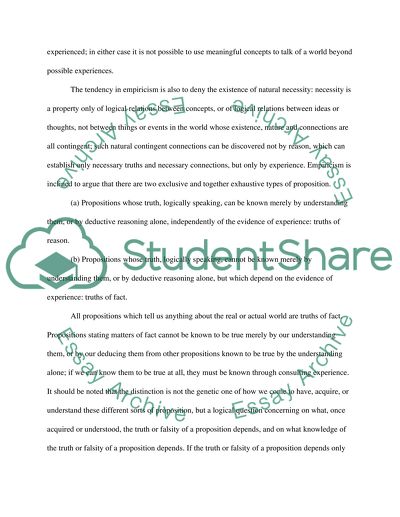Cite this document
(“Empiricism Essay Example | Topics and Well Written Essays - 2500 words”, n.d.)
Retrieved from https://studentshare.org/philosophy/1512729-empiricism
Retrieved from https://studentshare.org/philosophy/1512729-empiricism
(Empiricism Essay Example | Topics and Well Written Essays - 2500 Words)
https://studentshare.org/philosophy/1512729-empiricism.
https://studentshare.org/philosophy/1512729-empiricism.
“Empiricism Essay Example | Topics and Well Written Essays - 2500 Words”, n.d. https://studentshare.org/philosophy/1512729-empiricism.


